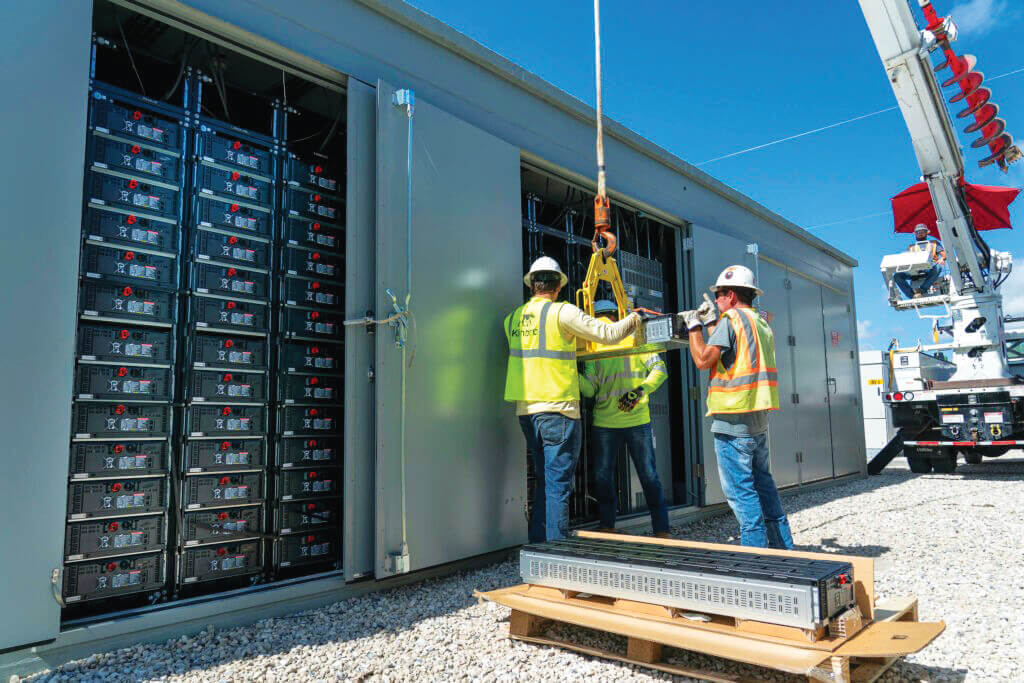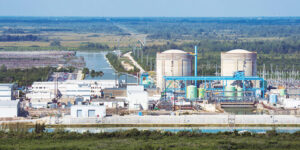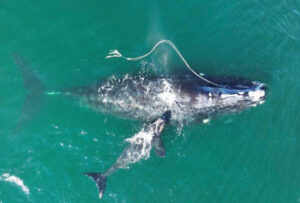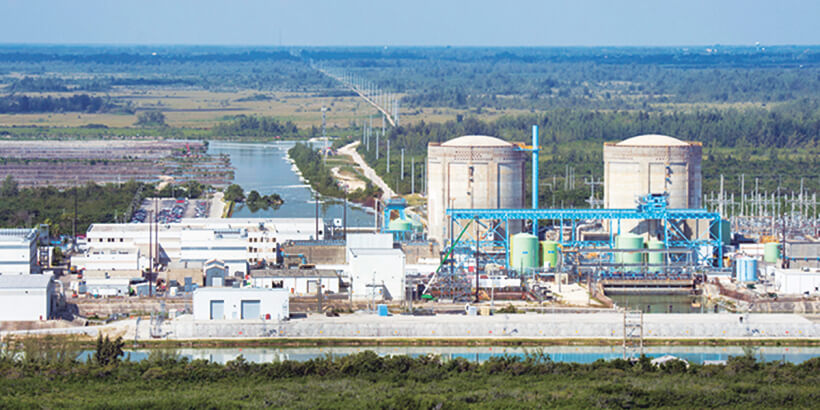By BLANCHE HARDY, PG

The Florida Public Service Commission (PSC) recently received an update from the Electric Power Research Institute (EPRI) on the past, present, and developing future of energy storage.
“As EPRI emphasized today, energy storage is key to a low carbon future in the electrical industry,” said PSC Chairman Andrew Fay. “With Florida’s utilities adding renewables and diversifying their portfolios, more energy storage will be needed to provide reliability and stability to Florida’s grid.”
EPRI is an independent nonprofit energy research, development, and deployment organization founded in 1972.
The Institute operates three specialized laboratories and conducts research in electricity sectors including generation, nuclear, power delivery, and utilization. EPRI experts collaborate with more 450 companies in 45 countries to promote innovation and ensure the public has clean, safe, reliable, affordable, and equitable access to electricity.
Haresh Kamath, EPRI’s Director of DER Integration and Energy Storage, addressed the country’s growing need.
“A substantial amount of energy storage will be needed in the future, with 125-680 GWs of new energy storage predicted for the U.S. by 2050, according to the National Renewable Energy Lab,” Kamath said.
Additionally, Kamath explained how energy storage has evolved over the years, now potentially applicable across the entire electricity chain, from large-scale renewables to microgrids and residential customers.
Kamath further explained the spectrum of energy storage technology, from short-term to long-term, to suit different needs and how lithium-ion batteries continue to dominate new energy storage deployments.
One of the world’s largest solar-powered battery systems is in Parrish, Florida.
The 409-MW by 900-megawatt-hour (MWh) battery storage system is the size of 30 football fields and has the same charging capacity as about 100 million iPhone batteries.
The batteries store solar energy generated by Florida Power & Light’s L Manatee Solar Energy Center and sends it to the grid when it’s needed most.
The FP&L Manatee Energy Storage Center is expected to have a 409-megawatt (MW) capacity, delivering 900 megawatt-hours (MWh) of energy — enough to power about 329,000 homes for more than two hours.
The Florida Public Service Commission is tasked with assuring consumers receive essential services such as electricity, natural gas, telephone, water, in a safe, reasonable, and reliable manner.
Their stated goal is to facilitate the efficient provision of safe and reliable utility services at fair prices.
The Commission fulfills this mission by pursuing a number of goals related to economic regulation, regulatory oversight, and service regulation and consumer assistance. For more information, visit www.floridapsc.com.
EPRI was created as a result of the Great Northeastern Blackout in 1965. Subsequent Congressional hearings on the blackout identified a significant lack of research supporting power supply. Congress called for the creation of an independent research and development organization to support the electricity sector. Dr. Chauncy Star, Dean of the UCLA School of Engineering and Applied Science, headed the responding initiative presenting the concept for the ESRI to the US Senate’s Congressional Committee in 1972. Visit www.epri.com to learn more about EPRI and its research.●














































